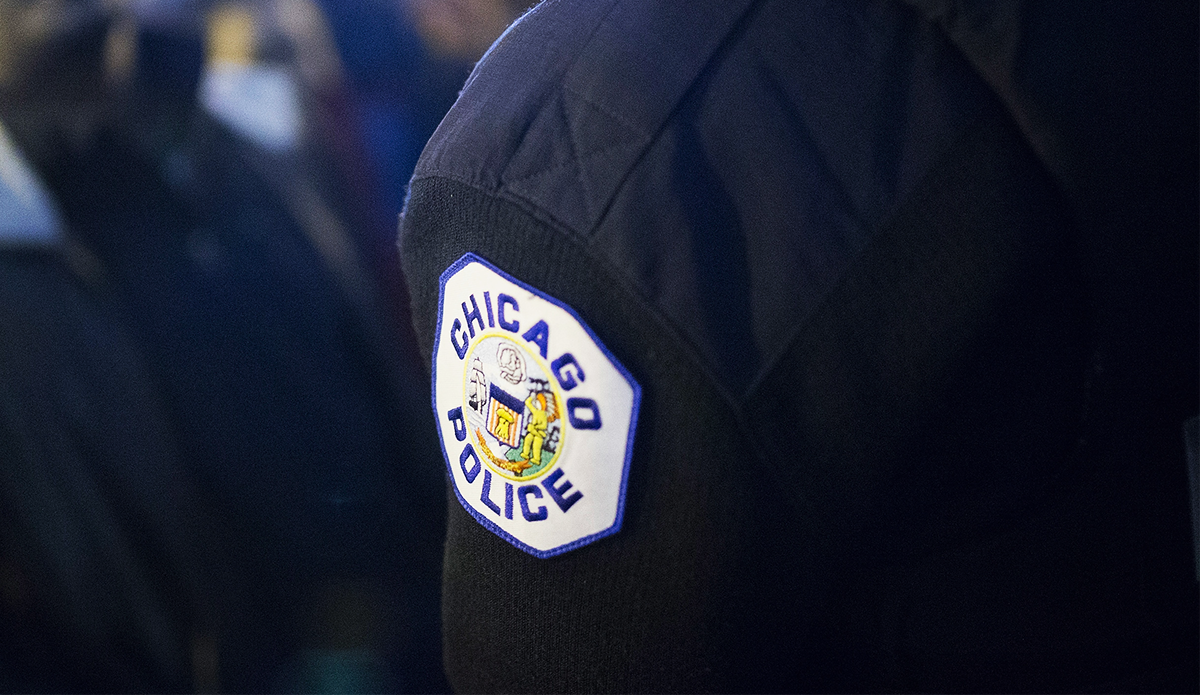The blame game is inevitable in the wake of the Tribune Co.'s bankruptcy filing, but some folks had it right in real time.
"No one thought the buyout of Tribune Co. would work - and it didn’t," writes " Heidi Moore on the Wall Street Journal's Deal Journal blog. "All the warning signs were there from minute one of Sam Zell’s impending buyout of the newspaper company."
For example, CNBC's Julie Boorstin, Moore notes, wrote 18 months ago on Media Money: "The worse the company does, the worse the debt burden for the employee stock ownership plan that Zell's using to structure the deal. Even if the deal wins approval from shareholders and the government it must borrow $4.2 billion (in addition to the $7 billion it's already borrowed to buy back shares for the first step of the transaction). And think about the premium!"
And she was hardly the only one. Even the Tribune's own reporting showed doubt.
"Even some industry rivals are dumbfounded by what Zell has planned," the paper reported when Zell's purchase of its company was finalized.
"The amount of debt Tribune is going to have blows my mind," one of them told the paper. "It seems very dangerous to me."
The Los Angeles Times included this nugget in its report back then:
"Zell is primarily a real estate investor, so some suspect he’s mainly interested in such Tribune holdings as the iconic Tribune Tower on Chicago’s Miracle Mile and The Times’ headquarters in downtown Los Angeles.
Local
"But those who have examined Tribune’s books include Los Angeles billionaire Eli Broad who made his original fortune in real estate, and Chicago-based private-equity firm Madison Dearborn Partners, whose headquarters is a mile from Tribune’s. If Zell thinks the real estate is so undervalued that it makes Tribune a bargain, again, it’s not a widely shared view."
Bloomberg noted at the time that "The perceived risk of owning Tribune's bonds yesterday rose to the highest in almost five months as credit-default swap investors increased bets that the company will also be loaded up with debt in a Zell buyout." The Wall Street Journal's Theo Francis reported that "because ESOP deals can involve the newly private company going heavily into debt, employees can see their retirement benefits eroded if the business is hurt by an industry downturn. That is a real danger for Tribune, owner of the Los Angeles Times, Chicago Tribune, Newsday of Long Island and a string of other newspapers and TV stations, struggling to cope with a severe slump in the newspaper business."
And so it came to be. "His problem is that he's had a weak endgame," Ken Doctor writes on Content Bridges. "Every time he sells an asset, he loses cash flow. Every time he loses cash flow, he's less able to meet debt."
And that's the way you end up in bankruptcy court.



